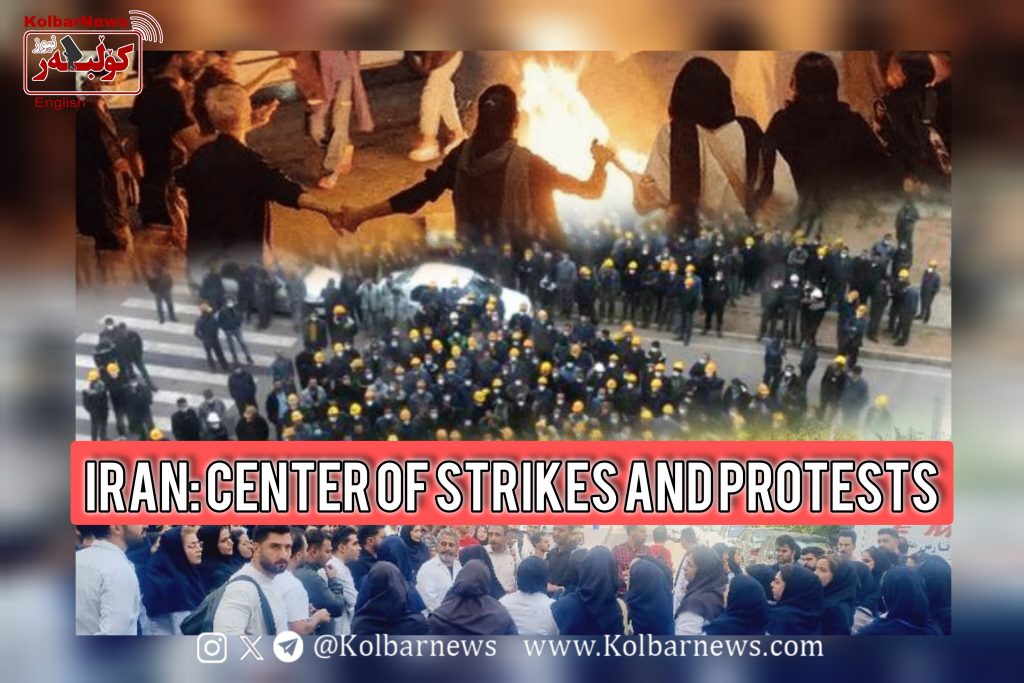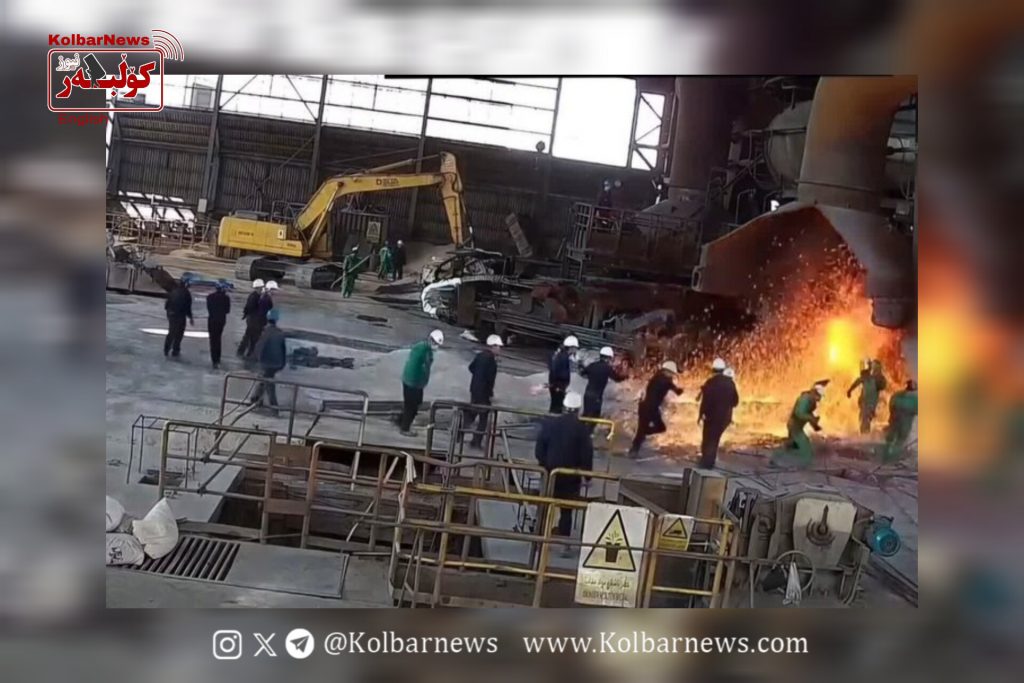
Under the rule of the Islamic Republic, Iran has long been a battleground between workers, the regime, and employers, as well as a stage for confrontation between free-spirited women, justice seekers, students, and other groups opposing the regime. For instance, just over the past week, we witnessed numerous actions, demands from workers and retirees, and the Islamic Republic’s reactions to them.
This week saw notable protests, strikes, and gatherings by nurses. The Coordinating Council of Nurses’ Protests called for a nationwide strike and demonstration on Thursday, November 7th, marking Nurses’ Day. Nurses from various cities responded positively to this call. Reports indicate that on that day, male and female nurses in cities like Urmia, Hamedan, Yazd, Ardekan, Jahrom, Fasa, Ramhormoz, Bafq, Meybod, Qom, Ahvaz, Tabas, and Mashhad halted services in all hospital sections except for emergency and essential services. They chanted slogans like, “Nurse, shout out your right,” “We fought COVID, got no support,” “Heard only promises, no action,” and “No pay, no shift.” They protested the severe working conditions, long delays in salary and benefits payments, and the government’s lack of support for healthcare staff. The protesting nurses demanded urgent action to improve their livelihoods by adjusting nursing fees, updating their employment contracts according to inflation rates—especially for job rights, housing, and transportation allowances—and adjusting overtime pay according to inflation. They also called for the implementation of the “optional overtime” policy without pressuring staff and for the hiring of new personnel according to the international standard of “nurse-to-bed ratio.”
Protesting nurses, with slogans like “Enough promises, our table is empty,” demanded better working conditions, higher income, and improved livelihoods. They also chanted, “Where did our fees go? Whose pockets are they in?” to protest corruption within the Ministry of Health and other health authorities. They condemned the repression and arrest of some of their colleagues, such as Moharram Ali Ramazani, the leading representative of nurses in Zanjan, chanting, “If one of us falls, a thousand will rise,” and called for his immediate release.
In the industrial sector, official, third-party, and contract workers staged strikes and protests for multiple consecutive weeks. According to a report from the Council for Organizing Protests by Informal Oil Workers (third-party workers), on November 6th, the fourteenth week of “Protest Tuesdays” was held by these workers and supported by contractors, in protest of broken promises and to pursue their demands. Despite threats from security forces and worksite managers, these gatherings took place at the third, fifth, seventh, eighth, ninth, tenth, and twelfth refineries of the South Pars Gas Complex. During these gatherings, third-party workers chanted slogans like “Fair wages are our absolute right” and “Liar, liar” against management.
Key demands of our third-party colleagues include the right to organize, gather, and protest; the complete elimination of contractor companies; the immediate and unconditional reinstatement of all dismissed workers; an end to security measures against protesting workers; the fulfillment of previous agreements—particularly regarding paid leave and camp allowances (costs for cut-off amenities), which were unilaterally altered by some officials of the gas complex; proper implementation of job classification plans and a fair and equitable payment system on par with official and contract workers following previous agreements with the Ministry of Oil; implementation of job classification for non-owner drivers of rental vehicles; organization of commuting, and job security for them, and fair enforcement of 14 days of work followed by 14 days of rest for administrative and support staff.
Apart from the working employees, weekly protest gatherings by retirees from various sectors continued in different cities. They protested the lack of implementation of plans for standardizing salaries and benefits, worsening economic challenges, lack of access to supplemental health insurance, and deprivation of basic necessities. In recent days, these civil and political gatherings have continued.
The main demand of the protesting retirees was the release of political and labor activists such as Sharifeh Mohammadi, Verisheh Moradi, Nasim Simyari, and Pakhshan Azizi. They also raised slogans against gender inequality, high prices, poverty and corruption, inflation, and difficult living conditions.
The continued coordinated and simultaneous struggles by official oil workers, third-party and contract workers, various nursing branches across cities, and retirees from national, educational, and social security sectors reveal a certain level of organization and solidarity. Furthermore, the demand for the right to organize, the repeal of harsh prison sentences, the release of political prisoners, and protests against corruption suggest that civil protests are moving toward political demands. Activists in these fields recognize that achieving their demands depends on strengthening these struggles through the empowerment of organizations.

